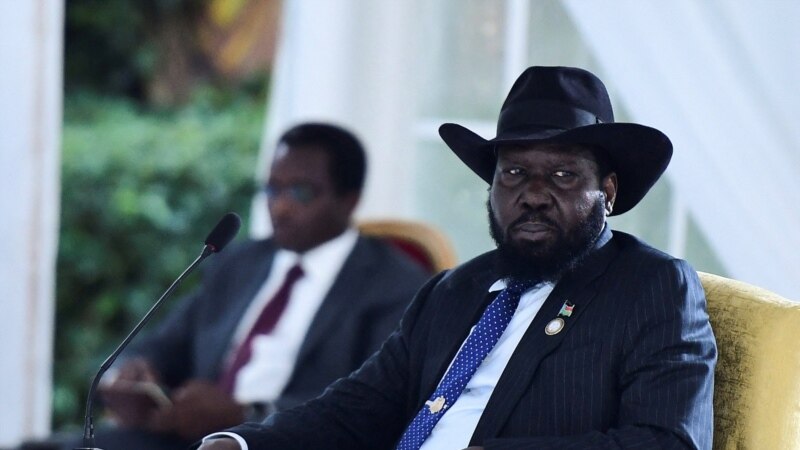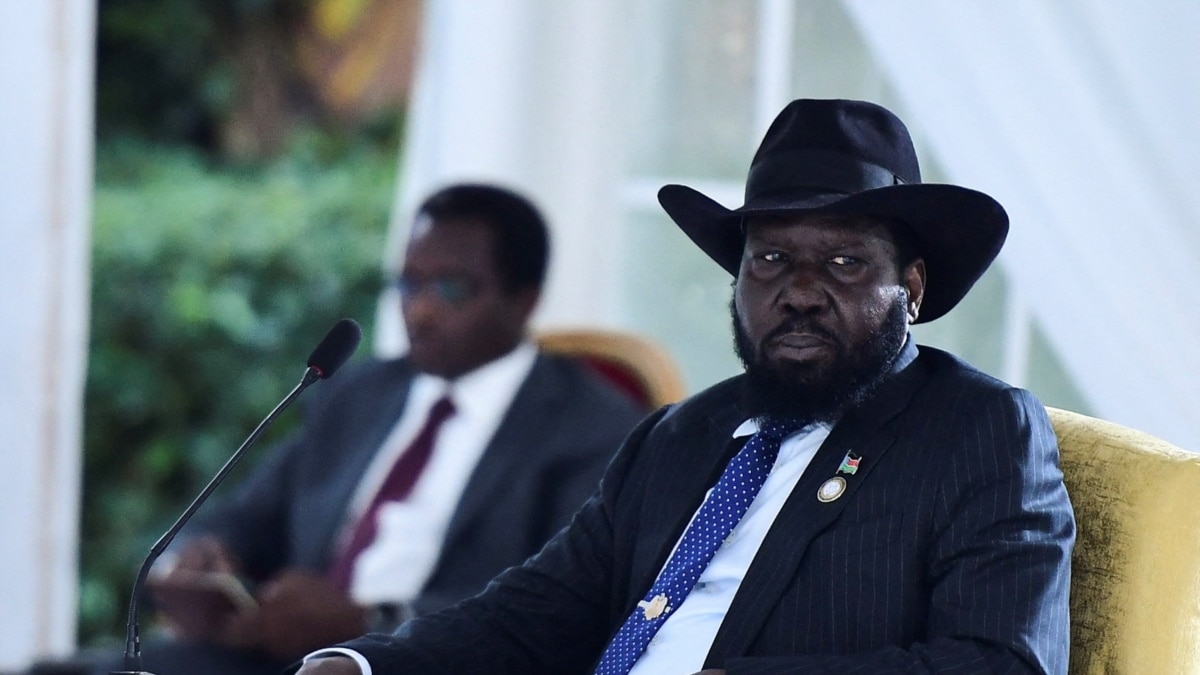This website uses cookies so that we can provide you with the best user experience possible. Cookie information is stored in your browser and performs functions such as recognising you when you return to our website and helping our team to understand which sections of the website you find most interesting and useful.


South Sudan's President Salva Kiir has dismissed the country's long-serving intelligence chief, replacing him with a close ally, state broadcaster SSBC reported, citing a presidential decree.
The dismissal of Akol Koor Kuc, who had headed the controversial internal security bureau of the National Security Service (NSS) since the country's independence from Sudan in 2011, came weeks after the transitional government announced yet another election delay.
Last month Kiir's office announced an extension of the transitional period by two years and postponed elections for a second time following a delay in 2022, drawing criticism from the United States and other international guarantors of the country's peace process.
Calls by Reuters to the government spokesperson and the office of the president were not answered.
Rights groups including Amnesty International and Human Rights Watch have long warned that the secretive NSS commands excessive power in the country, operating with impunity against civil society and activists who challenge the government.
Analysts say the decision to sack the intelligence chief, announced late on Wednesday, reflects a power struggle at the highest levels of the government.
"There's been a lot of reckoning in terms of what to do with Akol Koor. The president doesn't want very rapid decisions to cause a problem with national security," policy and security analyst Boboya James told Reuters.
"Now, with the extension of the peace agreement, he would want to consolidate power by beginning to bring loyalists" into government, James said.
The new intelligence chief, Akec Tong Aleu, is a close ally of Kiir.
South Sudan ended five years of civil war in 2018, but disagreements between Kiir and his deputy Riek Machar - who led the opposing sides in the conflict - have been major obstacles to completing the peace process.



 Africana55 Radio
Africana55 Radio 
